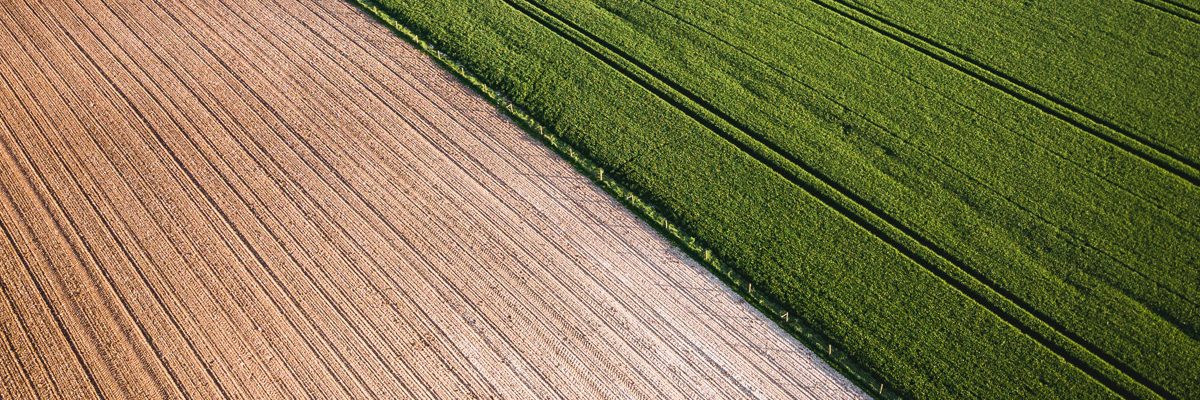NewAg Partners is proud to announce the appointment of Russell Read, CFA, Ph.D. as a director and Chairman of the Investment Committee.
Dr. Read is managing partner of the C Change Group (‘C Change’) which will become a shareholder in NewAg. C Change focuses on initiatives which can materially and positively transform the world’s utilization of natural resources – more specifically, in the context of agriculture C Change Africa is dedicated to materially improving the agricultural productivity of farmers across Sub-Saharan Africa.
Dr. Read’s previous roles included
- Chief Investment Officer, CalPERS (North America’s largest pension system)
- Chief Investment Officer & Deputy Chief Executive, Gulf Investment Corporation
- Chief Investment Officer, Alaska Permanent Fund Corporation (America’s largest sovereign wealth institutional investor)
He served as Chairman of the Investors’ Committee for the President’s Working Group on Financial Markets under Treasury Secretary Henry Paulson. His undergraduate degree in Statistics and MBA in Finance and International Business are both from the University of Chicago while his master’s in Economics and Ph.D. in Political Economy (focusing on the role of natural resources in national economic growth) were earned from Stanford University.
Whilst Dr. Read will continue in his role as managing partner of the C Change Group, he will support NewAg as a director, contributing his immense investment expertise and experience; NewAg in return will support C Change Africa by contributing know-how in farming and agribusiness.
NewAg Partners was founded by Detlef Schoen in 2019 with the purpose of providing institutional investors with access to agriculture as an asset class, combining superior risk-adjusted financial returns with measurable impact by being a catalyst for the transformation of agriculture to regenerative production systems and technologies. The company is aiming to create and manage a portfolio of large-scale investments in agriculture and midstream agribusiness which will, over time, sequester enough CO² to become a showcase for climate-positive food production.
